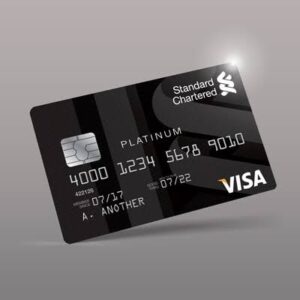A credit card is a very essential part of our lives. Safeguarding it from any kind of infringement is therefore, very important. Simple steps like learning various credit card acronyms can be very effective in protecting your financial information.
Perhaps, to do so, you need to learn tips for credit card acronyms to have a clear picture of what needs to be done. Furthermore, it is not just about defense, but being proactive about your credit card’s security will greatly reduce the infringement possibilities.
Safeguarding and protecting your credit card often comes down to common sense. Discussed below are some tips on how to care for your credit card and keeping it secure.
1. Always Practice Credit Card Protection
Signing the back of a new credit card is very important. It will protect you if your credit card gets into another person’s hands. Additionally, turn on alerts for any suspicious activities and set strong pins and passwords for your account. Setting a strong password for your account is important because potential intruders will not hack it easily.
You are warned against using the same password for retail sites and bank account, it could be easy to access. Instead, take full advantage of multifactorial authorization when it is offered. When setting your credit card PIN, don’t go for a number that you already use for other purposes or has something to with your life events like your birthday, anniversary etc.
2. Keep the Account Number Private
Avoid exposing your card in public. It is highly recommended that you be selective with who you share your account number with. When it is over the phone for instance, it should only be with the bank or a merchant you trust. Be very careful with suspicious messages you get over text, mail, social media or calls asking for your personal account information.

To avoid being conned, you can consider making payments online or paperless statements to prevent sensitive information from getting into the postal system. Experts also advise that you shred documents that might have personal information before disposing them.
3. Always Update Your Information
When you move or relocate to a new place, always notify your bank. By doing so, your statements and other personal information will get to your new address and not to your former one, where it could end up in another person’s hands. Always confirm that you have provided your current email address and phone number to your bank so that they can reach you in case of suspicious activity or fraud. Furthermore, also learn about the details of financial reports such related credit card acronyms. If you are having a difficult time understanding them, go through tips for credit card acronyms.
4. Handle Your Receipts Carefully
Receipts are one of the common ways financial frauds are committed. If there is an extra space on your receipt, ensure that you have drawn a line to prevent frauds from adding more numbers. Experts also recommend that you should check your receipts against your bank account for possible fraudulent transactions.
